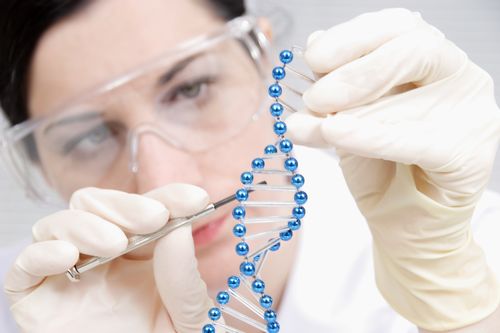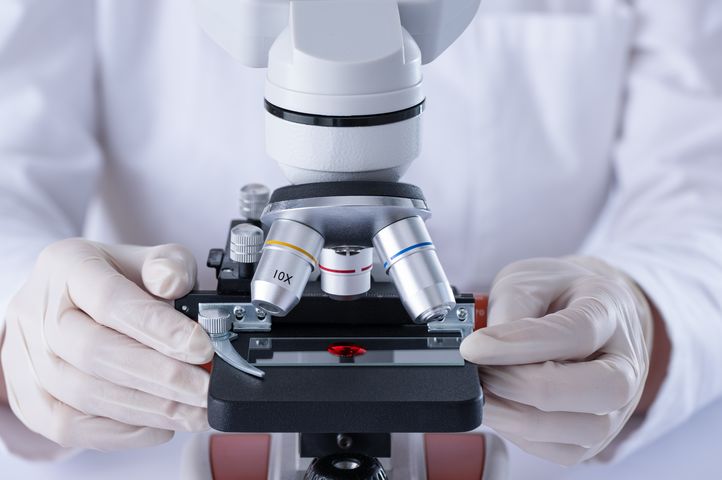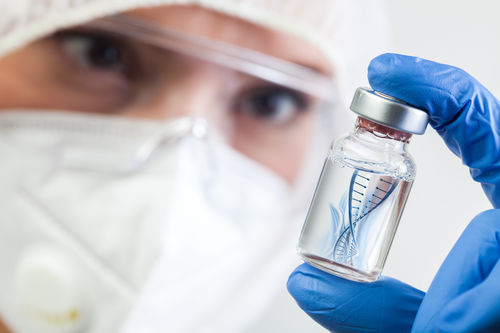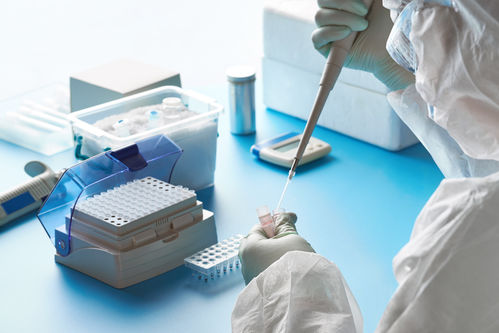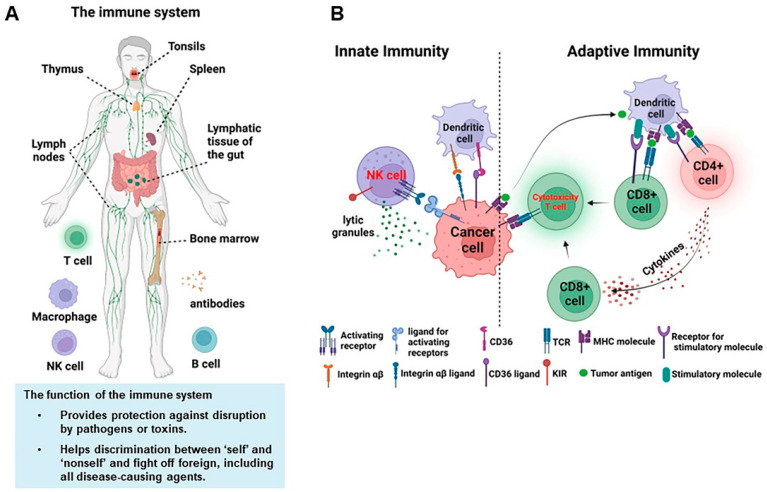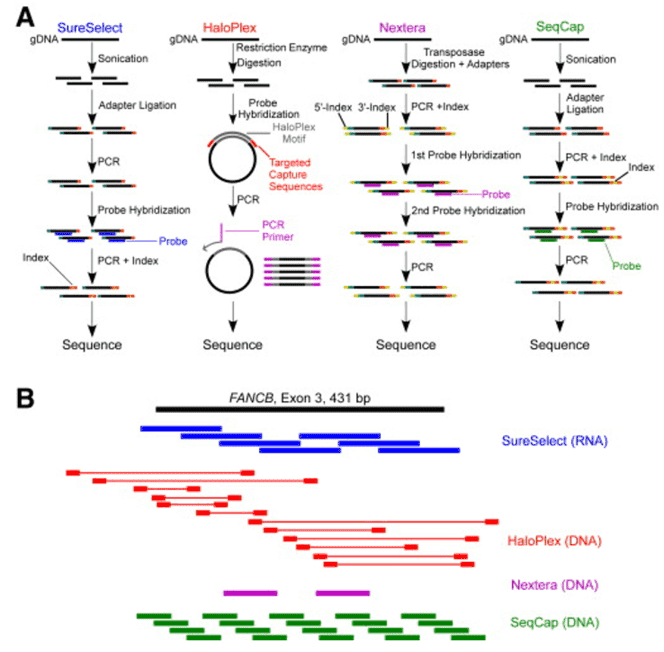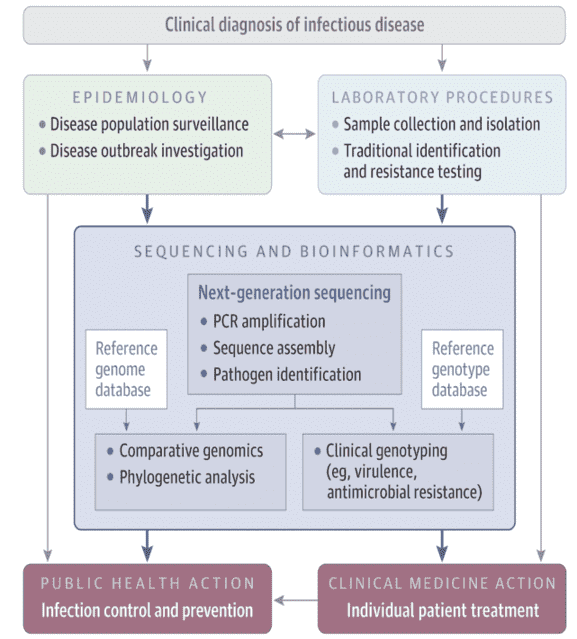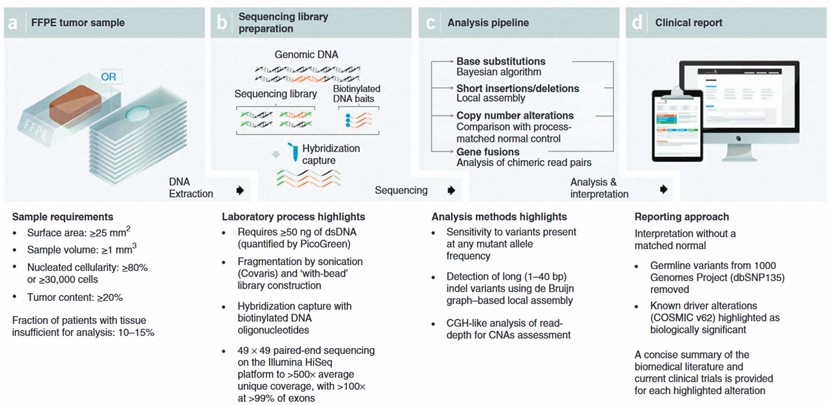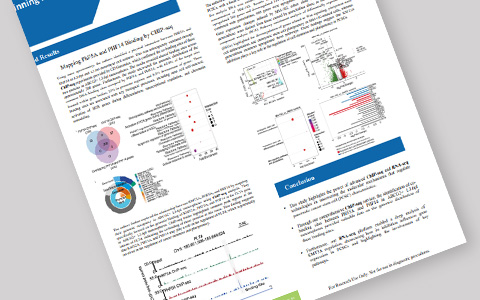Custom Prostate Cancer Panel

Introduction
Prostate cancer is the most common malignancy in men in many western countries and the second leading cause of cancer in men for death. The exact cause of prostate cancer is unclear. Several risk factors have been identified for the development of prostate cancer, such as diet and lifestyle, family history, age, and genetic factors, but it is not entirely clear which of these risk factors causes prostate cells to become cancer. Prostate cancer cells can spread by breaking prostate tumors. They can travel through blood vessels or lymph nodes to other parts of the body, attach to other tissues and grow into new tumors, causing new damage where they attach.
Disease-related gene description
A number of genes are known to be involved in inherited susceptibility to prostate cancer. Individuals with deleterious mutations in BRCA1/2 are at increased risk in prostate cancer. BRCA1 and BRCA2 genes have the function associated with DNA double-strand break repairment and transcription coupled repairment, and the protein encoded by CHEK2 is also involved in DNA damage signaling pathways. Both of them in an ATM-dependent fashion to participate. Then, several independent studies have demonstrated that mutations in ATM increase risk of prostate cancer. In addition, other pathogenic variants, such as mutations in MLH1, MSH2, MSH6 genes, are also related to prostate cancer.
To support clinical researches related to prostate cancer, our custom prostate cancer panel platform offers a comprehensive prostate cancer library, from which you can choose for genetic testing of prostate cancer. Amplicon sequencing technology that enables deep sequencing at high coverage levels is provided. Our customized prostate cancer panel can be applied to efficiently discover, validate and screen genetic variants among the prostate cancer genes to help develop targeted drugs and decode the complexities of prostate cancer biology.
Custom prostate cancer panel offers but are not limited to:
-
Targeted amplicon sequencing technology by Illumina MiSeq system/Ion PGM system provides ultra-deep sequencing to target specific genomic regions.
-
Strict quality control throughout the pipeline workflow ensures the accuracy and repeatability of the sequencing.
-
Every detected genetic variant will be further validated to ensure the validity of results.
-
Custom panel content is designed to keep up with the frontiers from current literature about prostate cancer panel to target all relevant regions.
-
Only sequencing the customizable prostate cancer panel meets your requirements, increases throughput and saves costs.
-
You can choose the panel content from our melanoma cancer panel library or discuss your customized prostate cancer requirements, then we can provide you with your own panel.
-
Precision bioinformatics pipelines ensure superior analytical performance.
Choose the genes that suit you from the prostate cancer gene list
| ATM |
BRCA1 |
BRCA2 |
| BRIP1 |
CHEK2 |
DLX1 |
| EPCAM |
HOXB13 |
HOXC6 |
| MLH1 |
MSH2 |
MSH6 |
| NBN |
PALB2 |
PMS2 |
| RAD51C |
RAD51D |
TDRD1 |
| TP53 |
|
|
Specimen requirements of our custom prostate cancer panel
- Specimen: blood, saliva, extracted DNA (we do not accept DNA samples isolated from FFPE tissue).
- Volume: 2-5 mL blood, 2 mL saliva, 3ug DNA.
- Collection: blood is collected by routine blood collection and saliva is collected by saliva collection kits (kits are available upon request). DNA samples are stored in TE buffer or equivalent.
- Container: lavender-top (EDTA) tube or yellow-top (ACD) tube.
- Storage/transport temperature: room temperature.
Gene panel workflow

For more information about the Custom Prostate Cancer Panel or need other amplification requirements, please contact us.
References:
- Leyten G H J M, et al. Identification of a candidate gene panel for the early diagnosis of prostate cancer. Clinical Cancer Research, 2015, 21(13): 3061-3070.
- Sigurdsson, S., et al. BRCA2 mutation in Icelandic prostate cancer patients. J Mol Med (Berl). 1997; 75: 758–761.
- Na R, et al. Germline mutations in ATM and BRCA1/2 distinguish risk for lethal and indolent prostate cancer and are associated with early age at death. European urology, 2017, 71(5): 740-747.
- Angele S, et al. ATM polymorphisms as risk factors for prostate cancer development. British journal of cancer, 2004, 91(4): 783.
* For research purposes only, not intended for clinical diagnosis, treatment, or individual health assessments.
Related Services
Related Products
Related Resources


